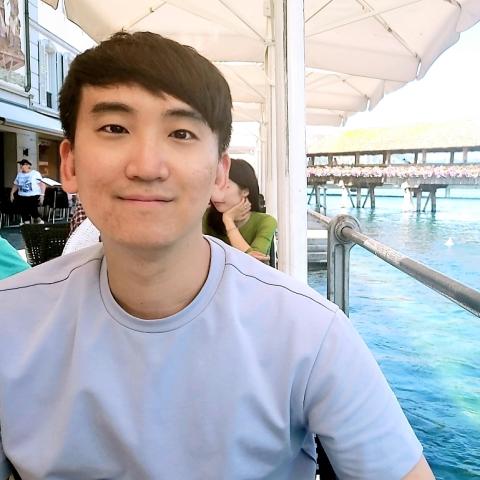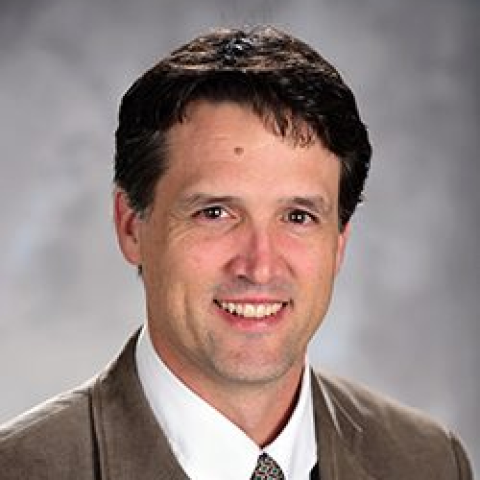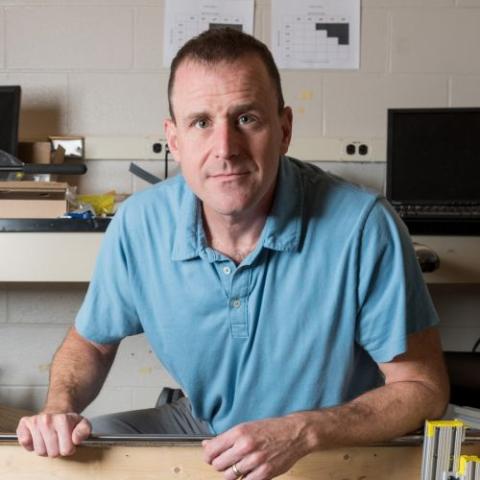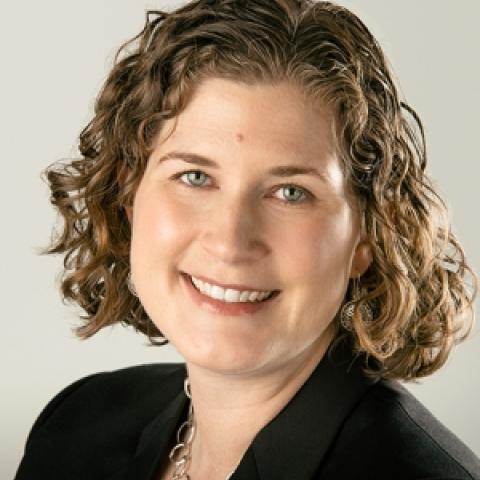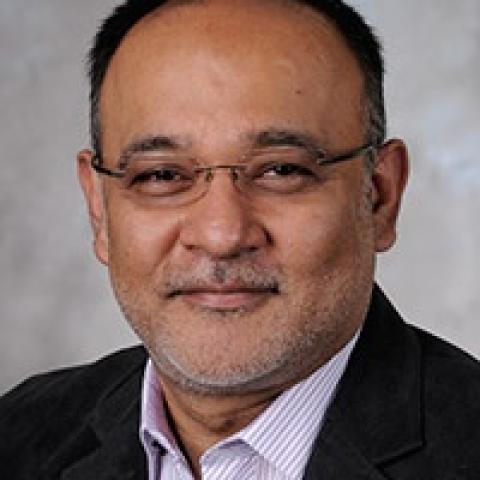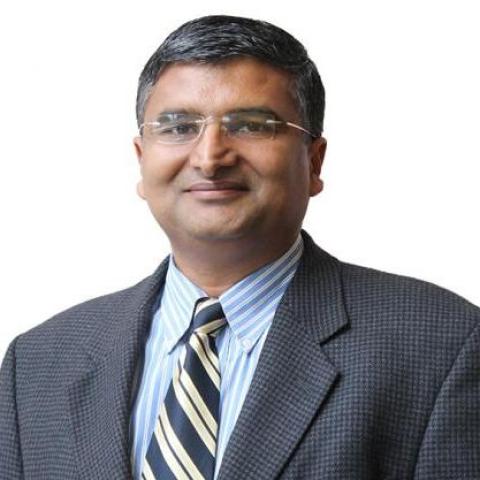Karen M. Feigh is a Professor at Georgia Tech's Daniel Guggenheim School of Aerospace Engineering with a courtesy appointment in the School of Interactive Computing. As the director of the Georgia Tech Cognitive Engineering Center, she leads a research and education program focused on the computational cognitive modeling and design of cognitive work support systems and technologies to improve the performance of socio-technical systems. She is responsible for undergraduate and graduate level instruction in the areas of flight dynamics, human reliability analysis methods, human factors, human-automation interaction and cognitive engineering. Feigh has over 14 years of relevant research and design experience in fast-time air traffic simulation, ethnographic studies, airline operation control centers, synthetic vision systems for helicopters, expert systems for air traffic control towers, human extra-vehicular activities in space, and the impact of context on undersea warfighters. Recently her work has focused on human-autonomy teaming and the human experience of machine learning across a number of domains.
Feigh has served as both Co-PI and PI on a number of FAA, NIA, ONR, NSF and NASA sponsored projects. As part of her research, Feigh has published 35 scholarly papers in the field of Cognitive Engineering with primary emphasis on the aviation industry. She serves as an Associate Editor for the Journal of Cognitive Engineering and Decision Making. She previously served as the Chair to the Human Factor and Ergonomics Society’s Cognitive Engineering and Decision Making Technical Group, and on the National Research Council’s Aeronautics and Space Engineering Board (ASEB).
Additional Research
Cognitive engineering; human factors; adaptive automation
